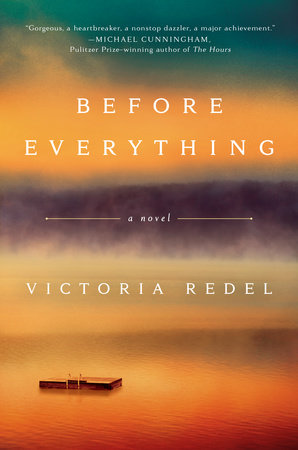Before Everything Reader’s Guide
By Victoria Redel


1. The novel has a large cast of characters and multiple points of view that include all the Old Friends, New Friends, Reuben, the hospice nurse, and an omniscient narrative voice. Why do you think the author chose this shifting point of view?
2. Redel says she hopes the title “captures those pure moments in our lives—of both innocence and knowing—right before an enormous change.” What does the title mean to you?
3. Redel has described the structure of the novel as kaleidoscopic or symphonic. What is the effect of all the short titled sections within larger chapters?
4. While the novel manages the large subject of death and a patient’s right to stop treatment, why does the book often focus on seemingly mundane daily concerns like food in the refrigerator or filling a car with gas?
5. When Anna decides to stop her treatment, several characters wonder whether this should be her choice alone. Why do you think the author broaches this topic in Before Everything? Did Anna’s story change your own point of view on this subject?
6. Helen, watching Anna both joking with her band members and forcing them to say their final good-byes, thinks, “This is what Anna will do. She will teach us all how to do the thing we don’t know how to do.” What does Helen mean? And is that what happens?
7. All of Anna’s friends have additional life problems and events to manage, while dealing with the coming loss. Why do you think the author made this choice? Wasn’t hospice enough?
8. Anna, Reuben, Helen, and even the hospice nurse, Kate all have secrets. What role do secrets play in friendship, especially lifelong ones?
9. Anna makes an active decision to let her life end. How do her end-of-life choices prepare herself and those around her for her absence?
10. In many ways, the novel is about death, but the friendships remain at its center. In what ways has Anna affected her friends permanently? How have her friendships immortalized her?
Just for joining you’ll get personalized recommendations on your dashboard daily and features only for members.
Find Out More Join Now Sign In